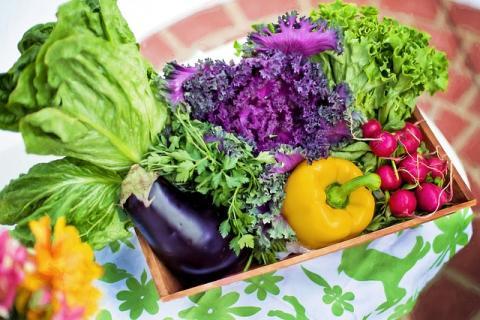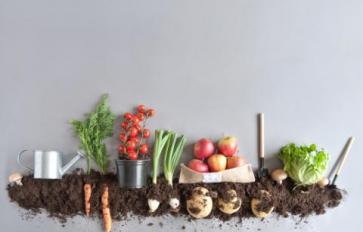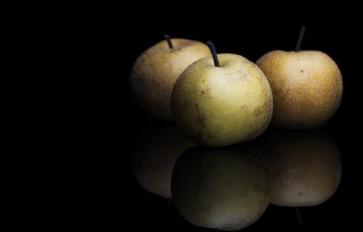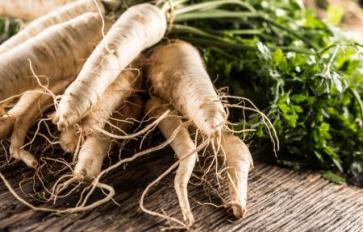
Organic foods have become increasingly popular in the last decade or so. More and more supermarkets are offering “organic sections,” and some. people are paying whatever they can to access organic products.
Organic foods present several health benefits. Their biggest claim to fame is their non-use of pesticides, so consumers don’t have to worry about ingesting chemicals or poisons. Others like the connection of the food, and enjoy supporting the farm-to-table notion.
So, why is buying organic so darn expensive? Staying healthy should be a universal right, and yet during these times, doing so appears strictly reserved for those with higher incomes.
For one thing, the costs of labor surrounding organic foods are considerably higher than for non-organic foods. Without the use of insecticides, farmers may need to take more intensive measures to ensure pests don’t have the upper hand. Sometimes these efforts aren’t as successful and there are not as high of yields as there would be from the use of pesticides. Or, manual pest management requires more hands on deck, leading to more wages and time spent caring for the crops. In order to make up for those losses, farmers and the markets they sell to up their prices to stay in business. Additional reasons include crop rotations and the organic certifications required by every organic grower in today’s workforce.
This is all fine and dandy, maybe even understandable in some cases. Something that requires more is going to cost more, and granted you make enough money, you can likely engage in the pleasures of healthy eating without strain, but for lower-income families, organic eats can be harder to come by.
So how can we make organic food more financially accessible? For starters, buying fruit and veggies from farmers’ markets can help. Most of the time, companies selling at these markets are small or up-and-coming establishments trying to make names for themselves. Thus, their prices should be more affordable. At the same time, they must meet certain standards in order to sell at their respective locations, so customers can rest assured they’ll be purchasing products that are clean, safe, and delicious.
Additionally, one can save by purchasing in bulk. These days, even bulk warehouse stores like Costco have organic products. If you have a big family and they’re likely to finish everything within a matter of weeks, shopping at bulk warehouse stores like Costco can give you more bang for your buck. Also, think about starting your own fruit or vegetable garden. When it comes down to it, you’re probably the best person to trust regarding your family’s food. Additionally, keep your eye out for coupons, and purchase in-store organic brands, which tend to be lower-priced than their competitors’ brands.








